Bhargab Ghoshal
Leveraging Uncertainty in Deep Learning for Pancreatic Adenocarcinoma Grading
Jun 15, 2022
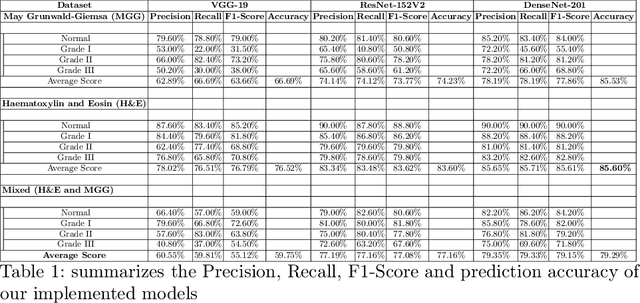

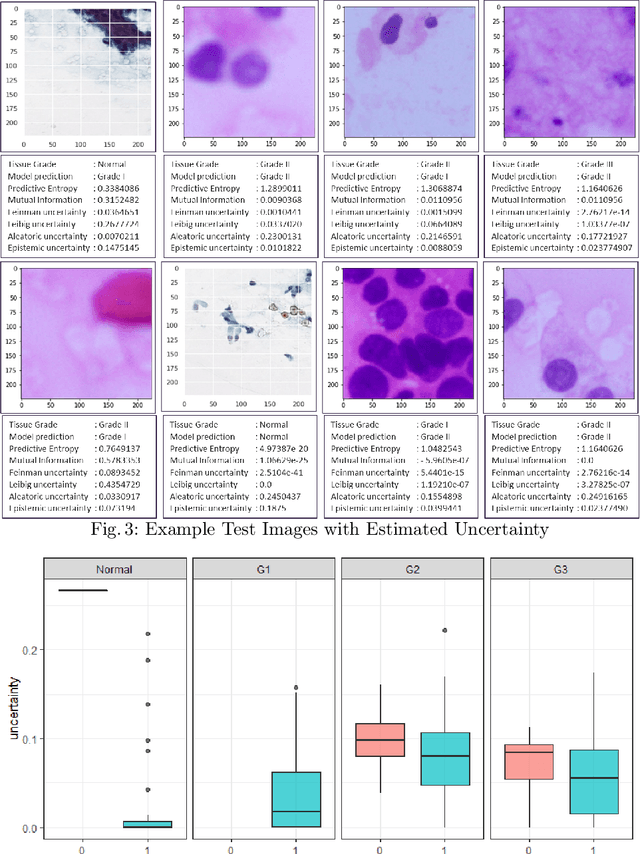
Abstract:Pancreatic cancers have one of the worst prognoses compared to other cancers, as they are diagnosed when cancer has progressed towards its latter stages. The current manual histological grading for diagnosing pancreatic adenocarcinomas is time-consuming and often results in misdiagnosis. In digital pathology, AI-based cancer grading must be extremely accurate in prediction and uncertainty quantification to improve reliability and explainability and are essential for gaining clinicians trust in the technology. We present Bayesian Convolutional Neural Networks for automated pancreatic cancer grading from MGG and HE stained images to estimate uncertainty in model prediction. We show that the estimated uncertainty correlates with prediction error. Specifically, it is useful in setting the acceptance threshold using a metric that weighs classification accuracy-reject trade-off and misclassification cost controlled by hyperparameters and can be employed in clinical settings.
Uncertainty Estimation in SARS-CoV-2 B-cell Epitope Prediction for Vaccine Development
Mar 20, 2021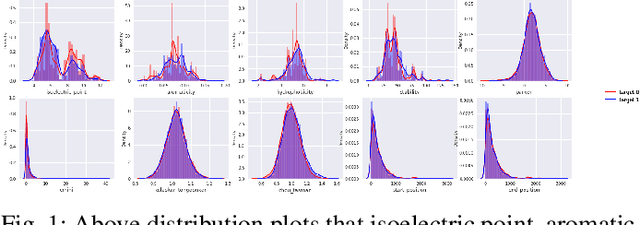
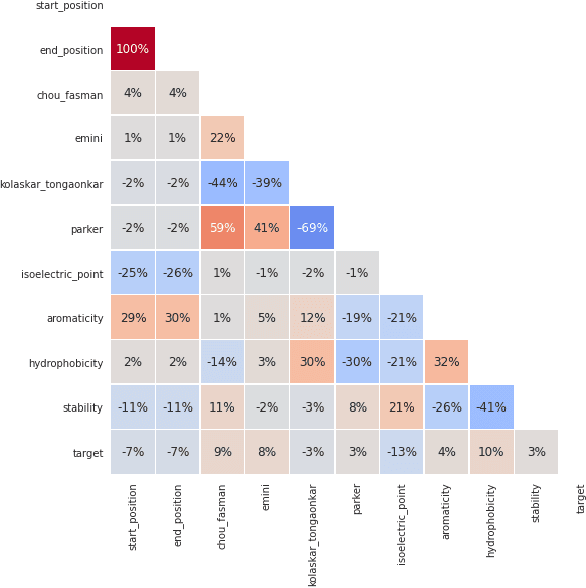
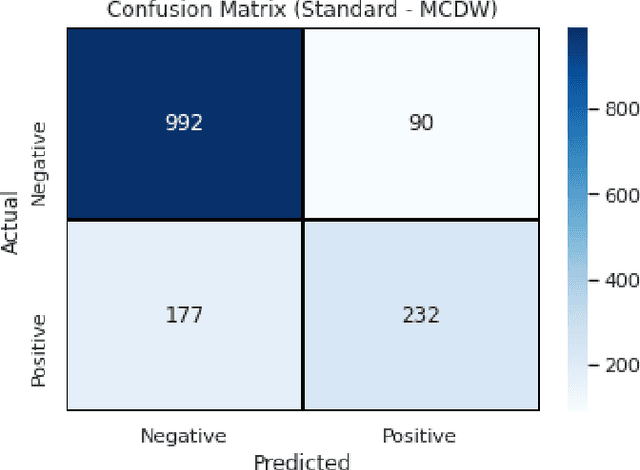
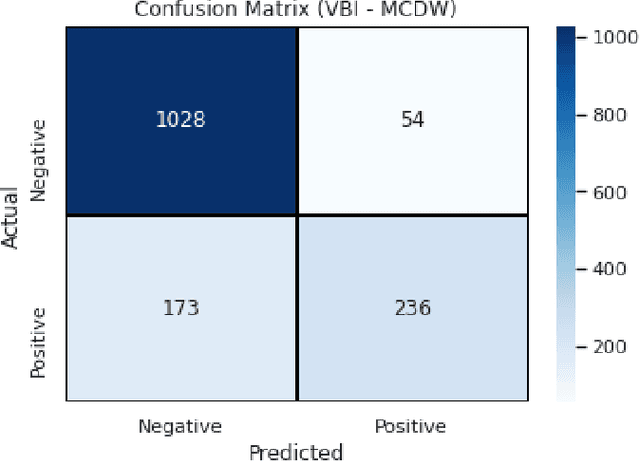
Abstract:B-cell epitopes play a key role in stimulating B-cells, triggering the primary immune response which results in antibody production as well as the establishment of long-term immunity in the form of memory cells. Consequently, being able to accurately predict appropriate linear B-cell epitope regions would pave the way for the development of new protein-based vaccines. Knowing how much confidence there is in a prediction is also essential for gaining clinicians' trust in the technology. In this article, we propose a calibrated uncertainty estimation in deep learning to approximate variational Bayesian inference using MC-DropWeights to predict epitope regions using the data from the immune epitope database. Having applied this onto SARS-CoV-2, it can more reliably predict B-cell epitopes than standard methods. This will be able to identify safe and effective vaccine candidates against Covid-19.
 Add to Chrome
Add to Chrome Add to Firefox
Add to Firefox Add to Edge
Add to Edge